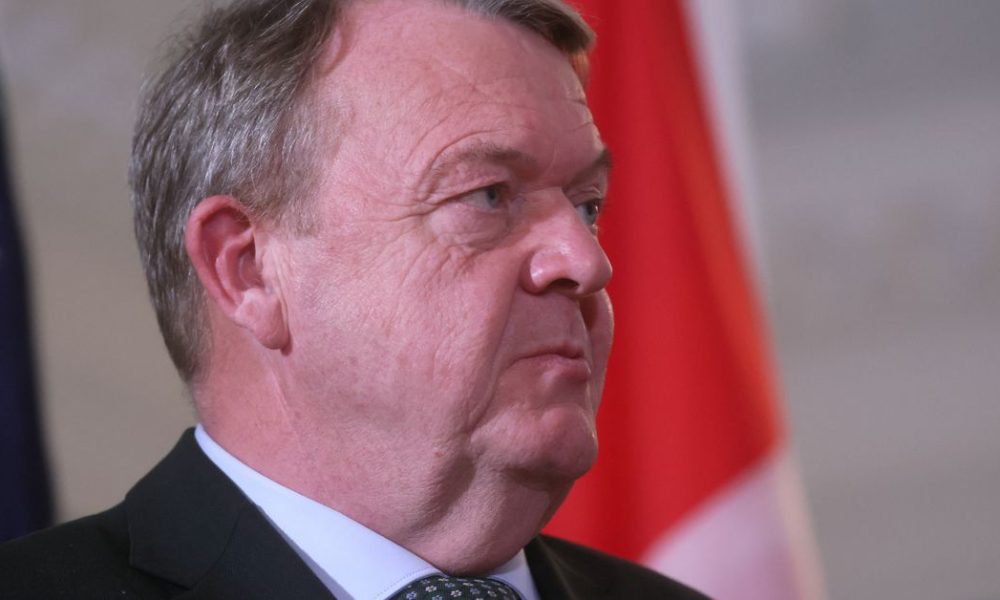- cross-posted to:
- worldnews@lemmy.ml
- globalnews@vlemmy.net

I know it’s been 80 years since WW2 but it seems a lot of people have forgotten the main reason for the creation of EU. The EU was created in order is to avoid wars in Europe. It might sound ridiculous to many, but Europe used to have A LOT of wars in the past.
Economic criteria, corruption, etc are all great metrics but in the end, it is about avoiding wars. And a Ukraine inside the EU means a safer EU, a safer Ukraine and even a safer Russia. Russia wont be able to go full retard and Ukraine would have to compromise and reach some peace agreement in order to join the EU.
Inclusivity is very important for the EU. Reminder that even Russia could join the EU but a country like Russia, which sees itself as a super power, wouldnt want to be the 5th-6th most important member of the EU(in economic terms).

Bending the rules would honestly be more trouble than it’s worth for any of the parties involved

While you are correct. At least in what the predecessor to the EUs purpose was.
It is also clear that stability of economic effect. It is an important part of encouraging nations to remain together. If a member joining will have a negative effect on the economic state of existing members. It dramatically increases the risk of the union collapsing. And finance etc was often the cause of those wars.
While I definitely feel many older members outright cheated in how they hid their finances when joining. It seems the organization needs to rethink how it manages new membership. In a way that allows some form of provisional membership. Where a nation is able to join. In a way that does not allow them to place other members at fiscal risk. But allows them to work towards a goal. It seems the will to join the political union and idealism should some way out weigh the fiscal status.

After the war, Ukraine will be a country with tons of capable military men and many with ptsd. And they already have some nazi/fascist issues and significant corruption. They will need all the help they could find. And EU needs to be there to push them towards a more liberal and democratic direction.

Military men and women. I understand you almost certainly did not mean to leave out women, but we need to move past the times of only focusing on the impacts to and contributions of men. Ukrainian women are also on the front lines, risking their lives for their country.
Also, I don’t see how having a large population with military experience and or PTSD directly relates to Nazism and corruption.

They’re saying that those are all issues that the EU should help Ukraine address. I think I agree. High up front cost but great eventual ROI.

And that push in the right direction, should be to hold them to the same standard as other prospective members.
The people of Ukraine deserve to live in a relatively uncorrupt, economically sound, prosperous democracy.
We should help them meet those targets, but the targets need to be met.

From my personal experience, corruption decreases as prosperity increases, at least in some scenarios. A lot of people confuse the cause and the effect. They think prosperity increases as corruption decreases. But more often than not, corruption is just a side-effect of people trying to survive in a poor society.
It’s harder to be charitable and by the book, when your quality of life sucks. Corruption was absolutely plummeting in Greece in the 2000s. Young people were hopeful and determined for a better future. Things like bribing doctors changed from being the norm to being a taboo. Then the economic collapse happened, troika fucked the economy even more by imposing insane austerity(unnecessary even according to the IMF, which was 1/3 of the troika), the failing society became failed, the brain drain was insane.
Most of the brightest greek minds have left Greece. Greece has always been a majority leftist country. In the last elections, the right wing got 53% and 3 far right parties entered the parliament. Even if the economy somewhat bounces back(because troika is now willing to give infinite money to a conservative government), shit is fucked and will remain fucked. I just hope Greece doesnt become Hungary, because the system is already in place.
PS Greek debt is as high as it has always been. Have you noticed how noone complains about it? Where are all those lovely dutch politicians now? I guess it isnt important anymore.

Just reading the beginning of the article tells me this is a shit article, as Lars Løkke is the foreign minister, not finance minister. Would be nice if they did the smallest amount of due diligence.
Indeed. FT which they sourced within the article has correct position cited. Which is why people should always read from multiple sources.

But of course. In the same way that you don’t make a test easier for the student that gets bullied.
The criteria and rules to enter the EU have been created through decades of small changes, ensuring that every element in our norms and values is covered. Skipping some of these steps will only result in further misalignment in the future, causing friction. Look for example at Hungary. I am not sure if they took this train of thought/direction recently or if their stance towards the EU was always like this, but if it is the latter, then the EU failed to judge that in the joining process.My personal take on this is that the EU has already become too big. It used to be small at first, with countries that shared similar beliefs and culture. I think the EU today is way too polarized to be effective. Sure, it is now bigger on the world stage, making a larger fist for our policies. But has also become more difficult to draft policies, due to the cultural and economic differences of its members.

Sure, EU is a bit unruly and hard to manage with the diversity of the member states. And no, lowering the bar for entry obviously wont improve that.
Still, it makes complete sense to attempt to coordinate regulations within Europe and have an organization where we can work towards common goals. With all its flaws, EU provides that today.
Speaking of Ukraine, I’m not so sure that the wide European response in support of Ukraine would have been as swift and hands on, without the EU as an established intergovernmental organization in Europe.

Excluding the “breadbasket of Europe” as the world is entering into a period of mass food scarcity is a profoundly shortsighted move.

I think that goes without saying, but for some reason it needs to be said again.


